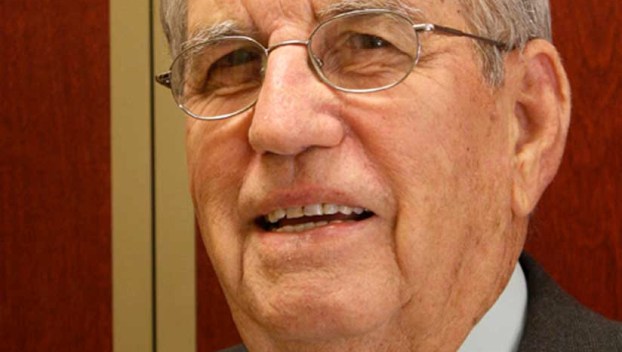
News
Moody chaplain program will help city, citizens
Often times, it’s easy to think of the word of God residing in the church. But sometimes, when ... Read more

Often times, it’s easy to think of the word of God residing in the church. But sometimes, when ... Read more